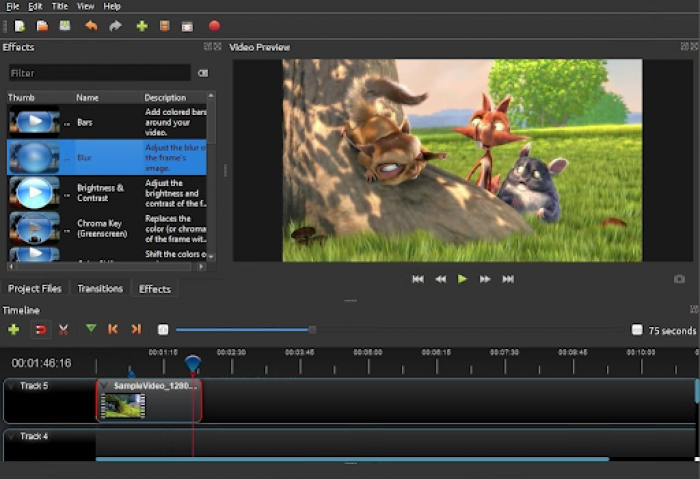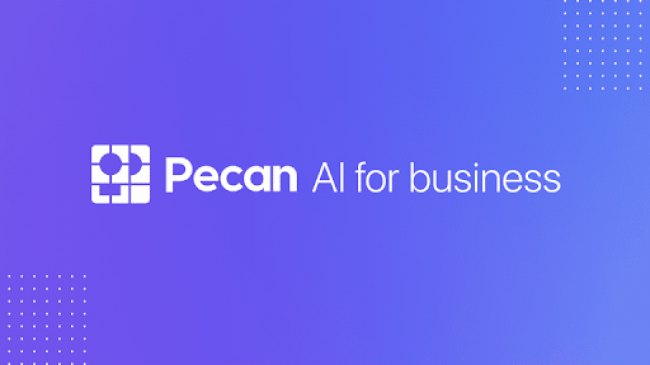OpenShot Video Editor is an open-source, cross-platform video editing application developed to provide core editing features without licensing restrictions. Designed to function on various operating systems, the software is frequently used in educational, personal, and organizational contexts. It is distributed under the GNU General Public License version 3 (GPL v3), which allows users to modify, distribute, and use the software freely.
Cross-Platform Availability and Language Support
OpenShot is compatible with major operating systems, including Windows, macOS, Linux, and ChromeOS (via Linux support). The application supports over 70 languages, enabling usage across a global audience. Localization is managed through Launchpad, with contributions made by community translators.
Development Background and Technical Stack
The software was introduced in 2008 by Jonathan Thomas as a video editor for Linux and later expanded to other platforms. OpenShot is written primarily in Python, with FFmpeg and C++ used for video processing. The source code is hosted on GitHub, where development activities, issue tracking, and community contributions are publicly visible.
Core Features and Editing Capabilities
OpenShot provides several editing functions aimed at users with varying levels of experience. Key capabilities include:
- Timeline-based, non-linear editing
- Multi-track support for video, audio, and image layers
- Keyframe-based animation of video properties
- Over 400 built-in transitions
- 3D title creation via Blender integration
- Speed adjustment features, including reverse and slow motion
- Audio waveform visualization
- Title editor with customizable templates
These features are designed to cover a wide range of basic to intermediate video editing needs.
_1744741649.jpg)
OpenShot Product Suite
In addition to the desktop video editor, OpenShot includes:
OpenShot Cloud API
A server-side solution that supports programmatic editing tasks such as trimming, rendering, and watermarking. This API is primarily intended for integration into backend systems and cloud-based workflows.
OpenShot C++ Library
The C++-based video editing engine can be used independently or integrated into other applications. It is modular in design and intended for developers requiring video processing capabilities in custom software.
Supported File Formats
OpenShot leverages FFmpeg to support a broad range of formats:
- Video: MP4, AVI, MOV, MKV, FLV, WebM
- Audio: MP3, WAV, AAC, OGG
- Image: PNG, JPEG, BMP, SVG
This allows compatibility with widely used media standards across different platforms and devices.
Practical Applications
Users have applied OpenShot for purposes including:
- Instructional and academic content creation
- Internal corporate communications
- Personal or non-commercial video projects
- Social media and online publishing
- Event-based video editing
The tool’s use depends on system capabilities, user familiarity, and specific project requirements.
Technical Considerations
Several areas have been noted by users as potential limitations:
- Performance may be affected when working with high-resolution media on lower-specification hardware
- The software does not include a stock asset library for media content
- Some features, such as 3D titles or keyframe animation, may require additional guidance for first-time users
These points are regularly discussed in user forums and tracked through GitHub by contributors and maintainers.

Comparative Overview
OpenShot is one among several open-source and commercial video editing platforms. Key comparisons include:
Shotcut
Offers more detailed control over video scopes and filters. Suitable for users requiring granular adjustments.
DaVinci Resolve
Includes advanced color grading, effects, and audio mastering. Offers a free version alongside a paid upgrade.
Kdenlive
Provides multitrack editing and customizable interface layouts. Often used for complex editing workflows.
Lightworks
Follows a freemium model with additional tools available under a subscription plan.
iMovie
Available only on Apple platforms, focusing on basic edits and fast processing with pre-designed templates.
Each tool presents a different user experience depending on system requirements and editing needs.
Licensing and Distribution
OpenShot is distributed under GPL v3. This allows any individual or organization to:
- Use the software for personal or commercial purposes
- Access and modify the source code
- Redistribute original or modified versions under the same license terms
There are no premium tiers or proprietary restrictions in the software’s distribution model.
Support and Community Resources
While OpenShot does not include official technical support, users can access several resources:
- Online documentation and user guides
- GitHub issue tracker
- Public forums and community discussions
- Community-created tutorials and walkthroughs
Development is sustained through voluntary contributions, sponsorships, and community grants.
Conclusion
OpenShot Video Editor is an open-source tool that provides standard video editing capabilities for a broad range of users. It supports multiple platforms, offers essential editing functions, and is accessible in numerous languages. The software continues to be developed and maintained through public contributions, with code available on GitHub. Its performance, usability, and suitability depend on the technical environment and user expectations.
Post Comment
Be the first to post comment!
Related Articles

Top 10: Best Collaboration Software on Slack
Apr 18, 2025 . Marketing
